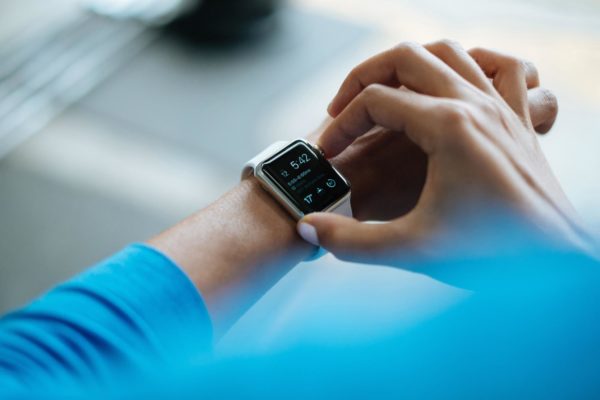AUSTIN, Texas —
Health information technologies — such as wearables, patient portals and mobile apps — have the potential to improve health, but a new study suggests many Americans aren’t buying the hype.
According to a new study from The University of Texas at Austin, nearly half of the country is skeptical of the benefits of these technologies — potentially creating a new “digital divide” among health consumers.
“Many people want a personal connection to their information source,” says Michael Mackert, associate professor of advertising in the Moody College of Communication and deputy director of the Center for Health Communication.
Health IT and the large institutions that produce them can be contentious sources of health information.
Americans with a high degree of health literacy are more likely to use fitness trackers and online portals, viewing them as useful, easy to use and trustworthy.
In contrast, Americans who are less health literate — those who struggle to find and understand medical information — tend to be skeptical of health technologies. They also expressed a strong distrust for government, media and technology companies in general.
“Just as someone might hate Congress but like their own congressman, they could be skeptical of information from the CDC or a website and would rather talk to their doctor,” Mackert explains.
Identifying a relationship between low health literacy and trust in government as an information source is not new, but Mackert’s study, “Health Literacy and Health Information Technology Adoption: The Potential for a New Digital Divide,” is the first study on a national scale to confirm the correlation.
Published in the Journal of Medical Internet Research, his investigation reveals that health IT tools fail to account for this gap in health literacy and therefor are not connecting with a large potential audience.
Currently, about half of American adults exhibit low health literacy, which is correlated with poor health outcomes and increased health care costs. Low health literacy is more prevalent among certain populations, including racial and ethnic minorities and lower-income households.
The study surveyed 4,974 Americans about whether they used fitness apps, nutrition apps, activity trackers and patient portals. Participants completed a standard measure of health literacy and answered questions about the perceived ease of use and usefulness of health information technologies.
They also answered questions regarding information privacy and institutional trust and demographics.
Researchers found that lower health literacy was directly associated with distrust in health care and lower rates of adoption of health IT tools.
Understanding this divide is essential, he believes, for improving health communication to reach all audiences.
“Health information technologies have seen widespread adoption in recent years, and the pace of development and capabilities of such tools will only increase in the future,” Mackert says. “So there is a pressing need to understand how health literacy is related to the adoption and usage of these technologies to ensure that all users receive the full health benefits from these tools.”
CONTACTS: Michael Mackert, 512-471-8558; Nick Hundley, 512-471-7209




